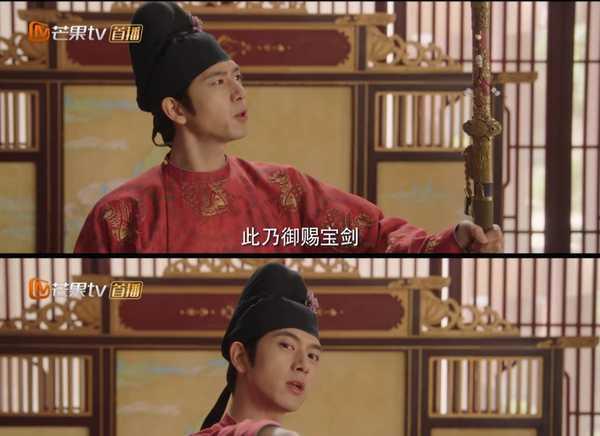The Role of Flower-and-Bird Envoys in Tang Dynasty Court Life
During Emperor Xuanzong’s reign in Tang Dynasty China, the position of ‘Flower-and-Bird Envoy’ was established to recruit beautiful women for the imperial court, wielding significant power that impacted many families.

The Flower-and-Bird Envoy (Huaniao Shi) was a unique official position created during Emperor Xuanzong’s reign in Tang Dynasty China, around 722 CE. Despite its poetic name suggesting someone who collected rare flowers and exotic birds, these officials actually served a very different purpose - they were imperial agents tasked with seeking out beautiful women across the empire to join the imperial court.
These envoys wielded extraordinary authority, carrying imperial edicts that allowed them to enter any household, regardless of social status. They could select women based purely on their beauty and talents, with little regard for their marital status or family circumstances. Historical records indicate their activities often caused significant social disruption and family trauma.
The establishment of this position reflected the increasingly hedonistic atmosphere of Xuanzong’s court. Historical documents record that during this period, the number of palace women reached an astounding 40,000, creating demographic imbalances that affected marriage prospects for ordinary citizens.
The renowned Tang poet Yuan Zhen captured the impact of these envoys in his poetry, describing scenes of families torn apart and women forcibly taken from their homes. The position became symbolic of imperial excess and the abuse of power, with these officials often entering homes while intoxicated and showing little regard for social propriety or family bonds.
Interestingly, the first Flower-and-Bird Envoy was reportedly Gao Lishi, who later became instrumental in selecting Yang Guifei, one of the most famous imperial consorts in Chinese history. This appointment illustrates how these envoys could influence not just individual families but also the course of imperial politics through their selections.
The historical legacy of the Flower-and-Bird Envoys serves as a stark reminder of how institutional power could be wielded to disrupt social structures in imperial China, while also highlighting the complex relationship between beauty, power, and governance in Tang Dynasty court life.